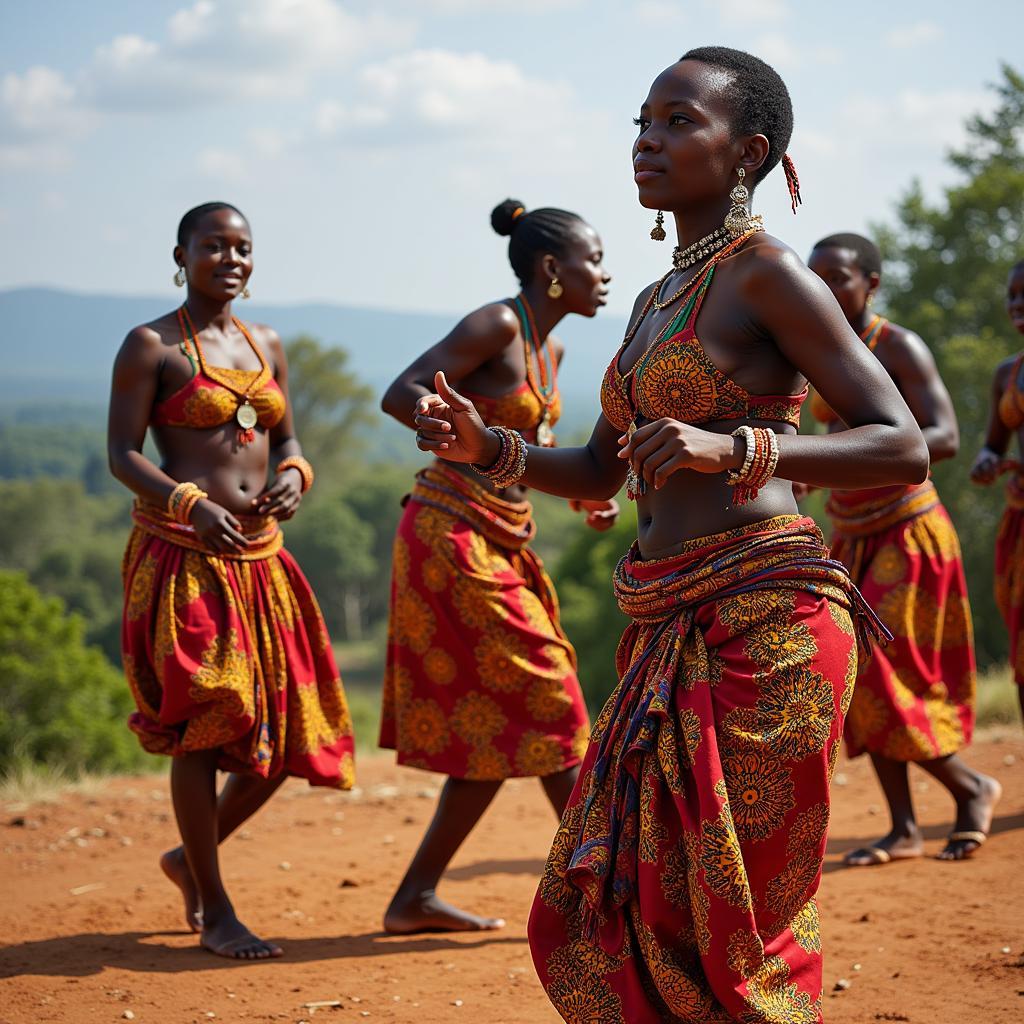African Dictators and Warlords: A Dark Chapter in History
African Dictators And Warlords have left an indelible mark on the continent’s history, shaping its political landscape and impacting the lives of millions. Their reigns, often characterized by violence, oppression, and corruption, have contributed to instability, conflict, and humanitarian crises. Understanding their rise, methods, and legacies is crucial for comprehending the complexities of modern Africa.
The Rise of Power: How Dictators and Warlords Seize Control
Dictators and warlords often emerge in contexts of political instability, weak governance, and societal fragmentation. Exploiting existing grievances, ethnic tensions, or economic disparities, they consolidate power through various means, including military force, propaganda, and manipulation. Some rise through legitimate channels, later dismantling democratic institutions to establish authoritarian rule. Others seize power through coups or armed rebellions, establishing themselves as de facto rulers.
Exploiting Instability and Grievances
One common tactic employed by aspiring dictators and warlords is the exploitation of pre-existing societal divisions. By playing on ethnic or religious differences, they can mobilize support and create a climate of fear and distrust. Economic hardship and lack of opportunity further fuel resentment, making populations more susceptible to populist rhetoric and promises of radical change.
Building a Cult of Personality
Many African dictators and warlords cultivate a cult of personality, projecting an image of strength, wisdom, and even divinity. State-controlled media, propaganda campaigns, and elaborate public displays of loyalty are used to reinforce this image and suppress dissent. This carefully constructed narrative serves to legitimize their rule and discourage opposition.
The Role of External Actors
External actors, including foreign governments and corporations, have often played a significant role in supporting or enabling African dictators and warlords. Motivated by strategic interests or economic gains, these external actors may provide financial aid, military assistance, or diplomatic cover, perpetuating cycles of violence and instability.
The Impact of Dictatorial Rule and Warlordism
The consequences of dictatorial rule and warlordism are far-reaching and devastating. Human rights abuses, including extrajudicial killings, torture, and political imprisonment, are commonplace. Economic mismanagement and corruption often lead to widespread poverty and inequality. Conflict and instability displace populations, create humanitarian crises, and hinder development.
Human Rights Abuses and Repression
Under dictatorial regimes and warlord control, basic human rights are routinely violated. Freedom of speech, assembly, and the press are suppressed. Political opponents are persecuted, and dissent is met with brutal repression. These actions create a climate of fear and silence, preventing any meaningful challenge to the ruling power.
Economic Devastation and Corruption
Dictators and warlords often prioritize personal enrichment over the welfare of their populations. State resources are plundered, and corruption becomes endemic. This mismanagement leads to economic decline, exacerbating poverty and inequality. The lack of investment in essential services, such as healthcare and education, further hinders development.
Legacy of Conflict and Instability
The actions of African dictators and warlords have left a lasting legacy of conflict and instability. Civil wars, ethnic tensions, and regional rivalries have been fueled by their pursuit of power. These conflicts have resulted in immense human suffering, displacement, and the destruction of infrastructure. The scars of these conflicts continue to impede development and reconciliation efforts.
Moving Forward: Accountability and Reconciliation
Addressing the legacy of African dictators and warlords requires a multifaceted approach that prioritizes accountability, justice, and reconciliation. International efforts to prosecute war criminals and hold perpetrators accountable are essential. Supporting transitional justice mechanisms, truth commissions, and reconciliation initiatives can help societies heal from the trauma of conflict and build a more peaceful future.
Conclusion
African dictators and warlords have cast a long shadow over the continent. Understanding the factors that contribute to their rise, the methods they employ, and the devastating impact of their rule is crucial for promoting peace, stability, and development. By supporting initiatives that prioritize accountability, justice, and reconciliation, we can help African nations overcome the legacy of these dark chapters and build a brighter future.
FAQ
-
What are the common characteristics of African dictators? Often, they exhibit a cult of personality, suppress dissent, and misuse state resources.
-
How do warlords gain power in Africa? They often exploit existing conflicts, utilize violence, and build armed militias.
-
What is the impact of these regimes on human rights? Human rights are frequently violated, including freedom of speech and assembly.
-
How does dictatorial rule affect economic development? It often leads to corruption, mismanagement, and economic decline.
-
What are some examples of successful transitions from dictatorship in Africa? Several countries have transitioned to democracy, though challenges remain.
-
How can the international community support peace and stability in Africa? By promoting good governance, supporting human rights, and assisting with conflict resolution.
-
What role does education play in preventing future dictatorships? Educated populations are less susceptible to manipulation and more likely to demand accountability.
For further information on related topics, you might find our articles on “Post-Conflict Reconstruction in Africa” and “The Role of Civil Society in Promoting Democracy” helpful.
Need assistance? Contact us 24/7 at +255768904061, email [email protected], or visit us at Mbarali DC Mawindi, Kangaga, Tanzania. Our customer service team is ready to help.


